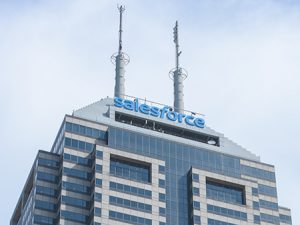Older, younger bosses often disagree about remote work
The research exposes a generational divide in which executives closer to retirement age differ from younger managers in their 30s and 40s, who are generally more accepting of hybrid arrangements and keen to make sure they benefit everyone.



